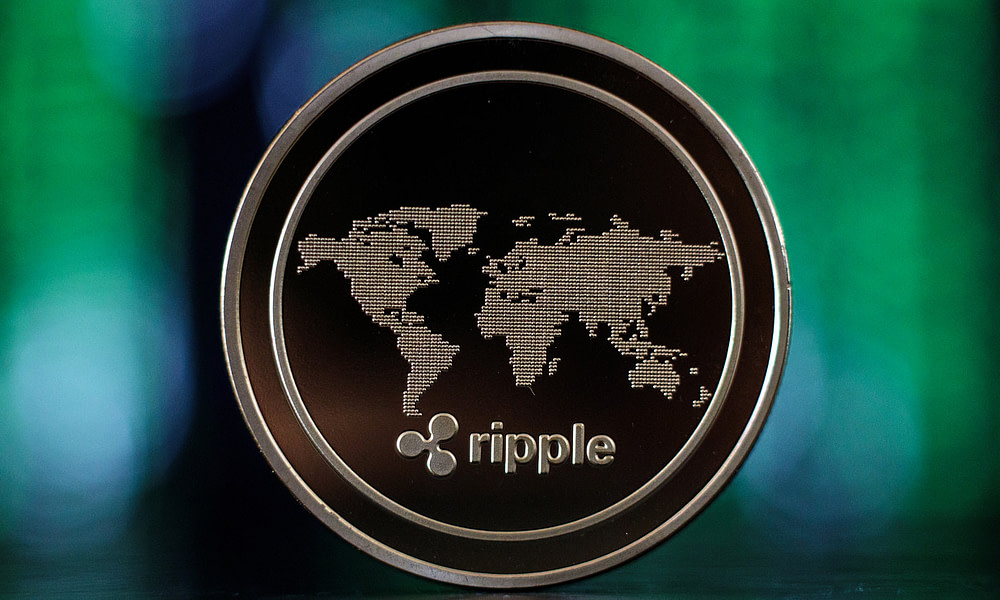Renowned legal expert John Deaton has raised concerns about the Ripple case, emphasizing its significant implications for secondary sales in the cryptocurrency industry.
In response to PerianneDC, the Founder and CEO of Digital Chamber, Deaton stated that he initially believed the Securities and Exchange Commission (SEC) had solely accused Ripple of securities violations related to the sales of XRP. However, Deaton argued that the case extended its scope to include secondary sales.
Contrary to assertions made by some, Deaton clarified that the SEC’s mention of Section 4 exemptions did not automatically absolve secondary sales from being classified as securities. Instead, under Section 4 exemptions, the burden falls on the token holder to demonstrate an exemption.
At the same time, the statute defines an “underwriter” as any person purchasing securities from an issuer to distribute them.
Deaton cautioned that this interpretation potentially restricts anyone intending to sell or distribute XRP, rendering Section 4 exemptions inapplicable. From his perspective, the Ripple XRP case substantially threatens the entire crypto industry.
He urged readers to carefully analyze the Complaint, avoiding distractions within the SEC’s non-fraudulent language that could divert attention from the core issues.
The Ripple case has garnered significant attention within the cryptocurrency community and underscored the need for clarity and regulatory compliance in the evolving digital asset landscape.
As the case progresses, experts like Deaton emphasize the importance of a comprehensive understanding of securities laws and their potential impact on secondary sales of cryptocurrencies.



